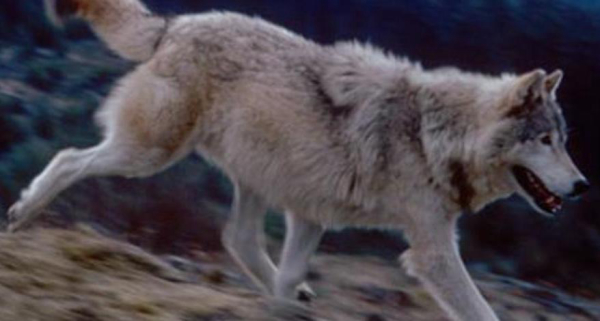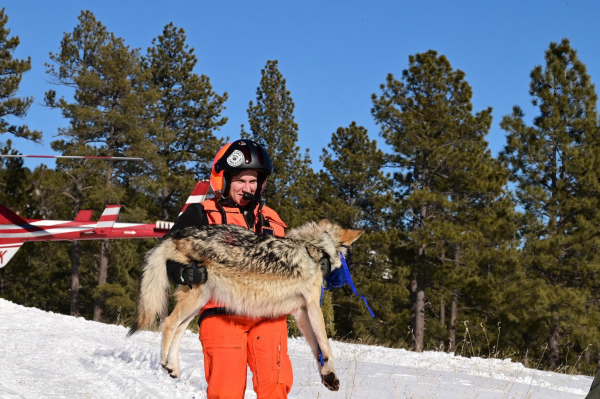USSA Weighs Legal Options in Great Lakes Wolf Battle
On Dec. 20, a federal district court judge in Washington D.C. struck down the delisting of wolves in the western Great Lakes region, and returned them to federal protection under the Endangered Species Act. This move was not based upon the population of wolves—which have clearly recovered in the area—but instead, U.S. District Court Judge Beryl A. Howell ruled that until wolves are re-established in their historical range (which would apparently include New York City, Washington D.C., Seattle, etc.) they cannot be considered recovered in Michigan, Minnesota or Wisconsin, no matter how large the wolf populations in those three states.
For nearly a decade, the U.S. Sportsmen’s Alliance Foundation and our partners have led the attempt to delist recovered populations of wolves from the Endangered Species List and to return them to management of individual states.
Judge Howell’s ruling leaves two realistic options for sportsmen, conservationists and those interested in the sound management of fish and wildlife: legal and congressional action.
Legal Appeal
Judge Howell’s ruling can be appealed to the U.S Court of Appeals in Washington, D.C.
“While we continue to examine Judge Howell’s ruling, there is a strong case to be made that an appeal is not only warranted, but would have a good chance of success,” said Evan Heusinkveld, U.S. Sportsmen’s Alliance Vice President of Government Affairs. “The fundamental purpose of including ‘distinct population segments’ in the Endangered Species Act is so that the Fish and Wildlife Service has flexibility. This includes the flexibility to delist a regionally recovered population such as the Michigan, Minnesota and Wisconsin wolves. Moreover, this also allows them to list a regionally endangered population, and to continue to provide protection in areas where the species has not yet recovered.”
Since 1996, when the Clinton administration implemented the distinct population segment policy in regards to the Endangered Species Act, it was said to apply to both the listing and delisting of animals as endangered species. The district court’s ruling forbidding the delisting of a regionally recovered population is based on a tortured reading of the Endangered Species Act that disregards biology, the law, and agency policy.
“It’s pretty clear that the ESA provides for both listing and delisting based upon a distinct population segment – and that’s what makes this ruling such a surprise,” said Heusinkveld. “This decision is emblematic of the larger problem we’re facing with the ESA—the health of a species is no longer the determining factor in whether to delist.”
Congressional Action
Judge Howell’s ruling also marks the third time in less than a decade that the U.S. Fish and Wildlife Service has been denied the ability to delist western Great Lakes-area gray wolves and return their management to the state level.
“Everyone agrees that wolves in those states have recovered – that’s not the issue,” said Heusinkveld. “Continuing to see legitimate delisting efforts stymied by federal judges might just provide the impetus needed to pursue a congressional fix similar to the action taken by Congress a few years ago to delist wolves in Montana and Idaho.”
This and all other available legislative options are being considered.
As lawyers for the U.S. Sportsmen’s Alliance Foundation carefully review Judge Howell’s ruling and weigh legal and political options as they pertain to the case, at greater stake is the overall manipulation of the broken Endangered Species Act and its impact on individual states, communities and sportsmen.
“It’s the local sportsmen, farmers and citizens in these states that are paying the ultimate price in this game,” said Heusinkveld. “If the courts won’t do the right thing, maybe it’s time that Congress does.”





